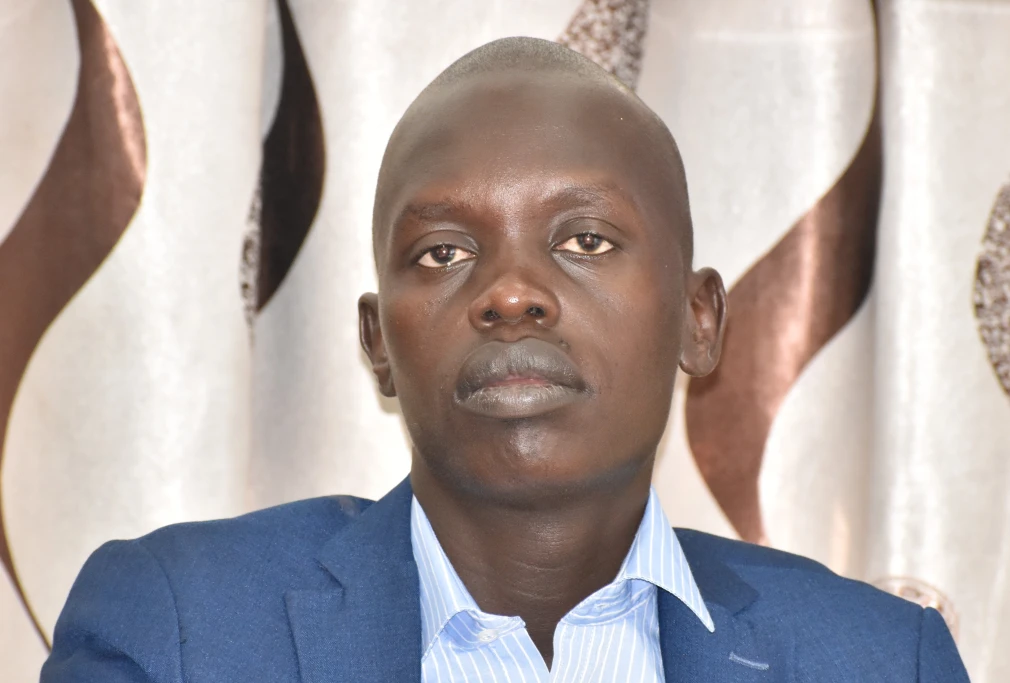
Hate speech encourages social inequality and division, which in turn
leads to violence in many South Sudanese communities, according to an expert on
digital rights.
Nelson Kwaje, chairperson of DefyHateNow made the remarks at the opening
of a two-day National Symposium on International Day for Countering Hate Speech
under the theme “Investing in the Power of Youth for Countering and Addressing
Hate Speech” on Friday in Juba.
According to the Cambridge Dictionary, hate speech occurs when someone
publicly displays hatred or calls for violence against another person or group
because of their race, religion, gender, or sexual orientation.
Since the outbreak of conflict in 2013, hate speech has been a concerning
issue in South Sudan, where communities are warned about the dangers of
inflammatory and dangerous speech.
Kwaje believes that once hate speech is inflicted, it undermines social
cohesion, which later escalates into violence.
“Hate speech, in its many forms, seeks to divide us. It fuels conflict,
undermines social cohesion, and often leads to violence. In a nation that has
endured so much, the scars of divisions are deep, and the wounds of conflict
are still healing,” Kwaje argued.
“It is our collective responsibility to ensure that the language of hate
does not sow the seeds of discord among us. So, on this significant day, we
come together to affirm our commitment to fostering understanding and unity in
South Sudan.”
Meanwhile, Kaunda David, a human rights expert, said women are most
affected by hate speech.
“‘Nafura’ means a woman with children but not married. It is a
stigmatizing word; it is a diminishing word, and they label women like that.
This is a practical hate word practiced,” he stated.
He mentioned that there are some songs at the grassroots that incite hate
speech and lead to communal violence.
“Up to the grassroots level, even the person who is not educated has
words of hate speech. There are songs that incite people to fight. In one of
the communities, women sing songs to provoke the men to go and fight in another
community,” he explained.
The expert stressed that hate speech is more than just words. It is a
word that shows division and incites violence, leading to isolation and
polarization.
In efforts to address hate speech, Mary Ajith, the project manager of
Journalists for Human Rights (JHR) in South Sudan, said they have trained
people from different parts of the country to mitigate the spread of the vice.
“In this regard, JHR, together with Defy Hate Now, have so far trained
100 members of community-based organizations, members of civil society
organizations, and journalists on combating misinformation, disinformation, and
hate speech,” Ajith stated.
Ajith stressed that the training seeks to promote counter-messages that
prevent, mitigate, and combat the spread and dissemination of all forms of hate
speech in targeted areas of the country.
She urged individuals to protect girls and women in communities.
“In our training, we prioritize gender representation because gender hate
speech is becoming a regional issue, not only online but also offline. I appeal
to you today to develop a habit of protecting girls and women in your
communities,” she stated.
Since the inception of Defy Hate Now, it has played a crucial role in
promoting digital rights and citizenry by providing data-driven solutions to
combat hate speech, fake news, and misinformation in the country.
It engages in a variety of impactful activities that include conducting
workshops to equip individuals with the skills necessary to identify hate
speech.